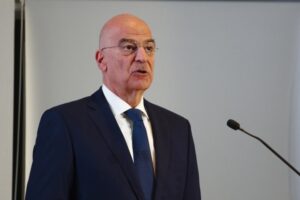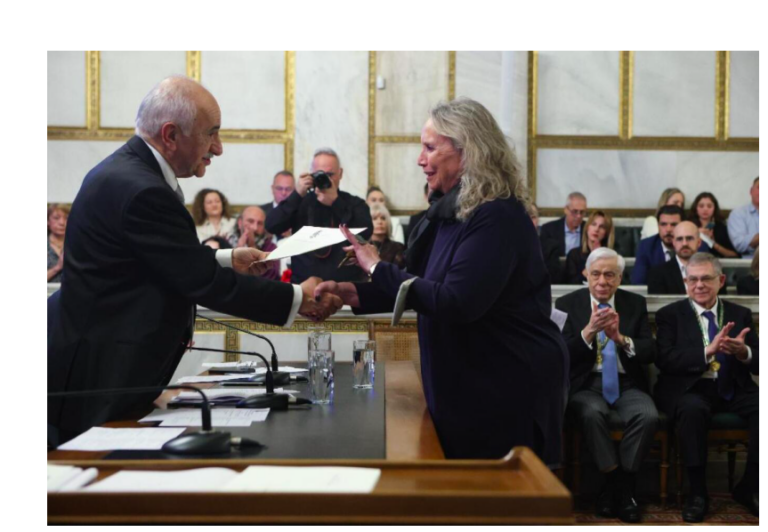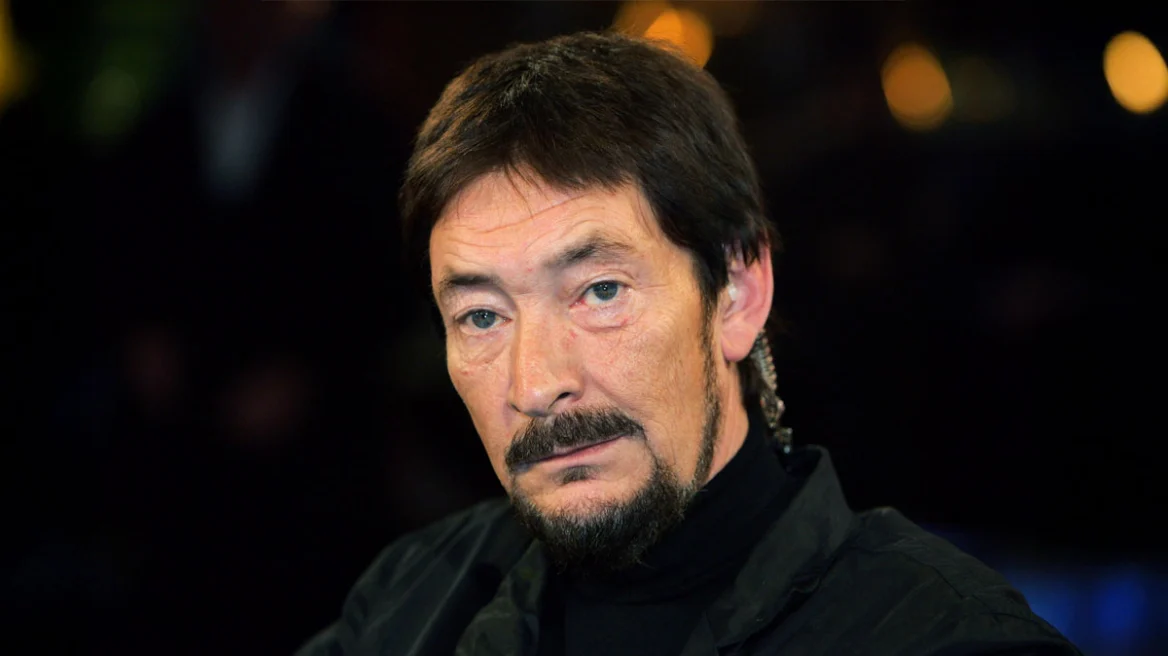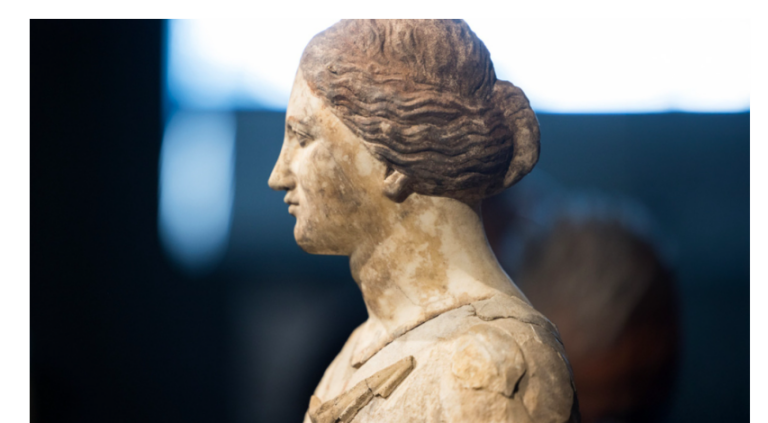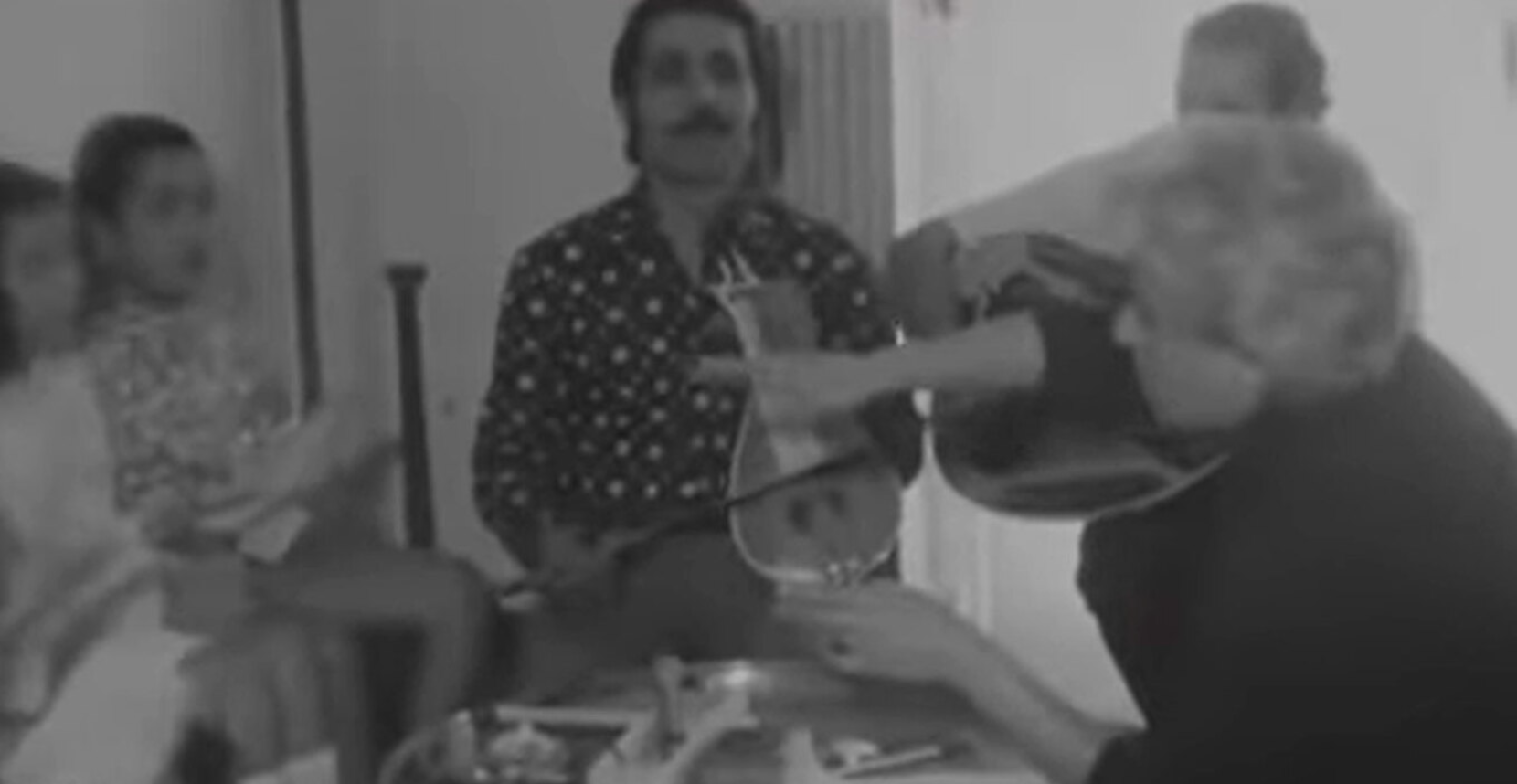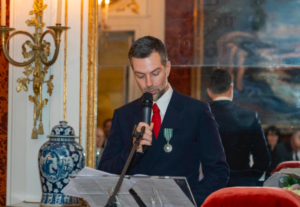“We are obligated to shape a new long-term strategy for our national security, and that is precisely what we are doing with Agenda 2030—the largest reform of the armed forces in Greek history, as the Prime Minister aptly put it.”
This was among the key points emphasized by Minister of National Defense Nikos Dendias during an event organized in Patras by the Electoral District Committee of Achaia, affiliated with New Democracy.
As he further stated, “What matters most is not our new ships, nor our new airplanes, nor the new weapons we have and will acquire. What matters is our unwavering commitment—shared by society and the personnel of the armed forces—to our national narrative, to the sense of a shared journey that originates from the past, exists today, and heads toward the future.”
“And what the armed forces serve at the level of collective symbolism,” he continued, “is precisely this continuity of the narrative from yesterday to today, because the national narrative is cohesive, and we are committed to it in every way.”
Addressing the issue of emergency reviews in the armed forces, he stated, “I gave instructions today for emergency evaluations because modernization is necessary for progress. However, this does not mean we abandon the past; we bring it along with us—our traditions—because the most crucial aspect of the armed forces is our people, our personnel.”
Simultaneously, Nikos Dendias highlighted during his speech that “to defend our homeland against a country that has ten times our population, five to ten times our defense expenditures, and neo-Ottoman narratives that threaten our sovereignty and sovereign rights, we must leverage the key strengths of Hellenism: ingenuity and intelligence.” He added:
“We need to make the most of the resources provided by the sacrifices of the Greek taxpayer. We cannot enter an arms race, nor can we risk bankrupting our country again. We must defend it while also making it stronger. Therefore, defense expenditures must also contribute to the Greek economy and generate wealth for Greece. This is what we aim for through the Greek Innovation Center, which, for the first time, links the armed forces’ needs for innovative products with the capabilities of Greek companies to produce those products. We have already achieved a significant success with the anti-drone system ‘Centaur.’ This system, after being tested here, was deployed on our frigates in the Red Sea and tested under real conditions, successfully neutralizing two drones. It proved that we don’t need to shop from foreign shelves—we can produce significant solutions ourselves, creating knowledge, wealth, and capabilities.”
Furthermore, the Minister of National Defense pointed out, “Until now, the primary protection of the Aegean was our fleet, and the main protection of the airspace above the Aegean was our airplanes.” He continued: “These served as the principal air defense systems and performed their duties brilliantly. But we will now move toward an innovative approach. We will establish an air-defense missile shield, an anti-drone shield covering the entirety of national territory—not just specific units. Additionally, we will create a missile barrier in the Aegean to make it impenetrable. Greece must and will fortify itself. That is the reality, and anyone who ignores it is simply deluding themselves. The question is how we can achieve this in the best and most cost-effective way.”
Referring to the housing program for armed forces personnel, Dendias stated, “In March 2024, during a speech in Patras, I announced that €100 million from the Ministry’s budget had been allocated to the housing program to build at least 1,000 homes for our personnel by 2026 in the first phase.” He added: “The personnel of the armed forces must enjoy the same rights as those in all armed forces of the civilized world. This year, after ten months, I am pleased to announce that this program will be expanded. In addition to the 1,000 homes already under construction, we will build another 1,000 homes each year. I hope that, at some point not too far away, our homeland will fulfill this duty to the personnel of the armed forces. If it does not, we should not be surprised by the low enrollment in military academies. After all, having the most advanced systems is meaningless if we do not have high-caliber people to operate them and defend the country.”
At another point in his speech, Nikos Dendias emphasized that “developments are moving rapidly, and the only constant emerging in the world is complete instability.” He added: “We must therefore adapt our policies to this new reality, this absolutely unstable and fluid environment characterized by wars around us, everywhere. The situation in Syria is a new source of concern for Greece. Our neighbor’s intervention in Syria raises questions, and the Christian populations in the Middle East need our interest, care, and attention.”
“Along with all these challenges,” he continued, “it is our duty to preserve our own identity, the elements that define our nation, as these are the solid foundation that can keep us standing during these times of globalization.”
He also stated that “the Greek family has been the core of our survival throughout the historical journey of Hellenism. The last time it played a decisive role was during the tragic financial crisis of 2010–2019, when, without the bonds of the Greek family, we would not have survived.”
“All these institutions that accompany us,” he added, “must be preserved. And I want to be clear: preservation is a word with a completely positive connotation.”
Moreover, he noted, “In recent years, there has been an effort to give the word ‘preservation’ a negative connotation. But let’s be clear: progress and preservation are not opposites. They can and must coexist.”
Continuing his speech, Nikos Dendias stressed that “when Konstantinos Karamanlis, the founder of our political party, brought Greece into the European Union, he did so to preserve and safeguard the national structure. For this reason, we have an obligation to protect this structure from the advancing forces of populism and irresponsibility.”
“In New Democracy,” he continued, “we believe in an open, liberal society, and we have a duty to safeguard, especially now in these times of populism, the achievements of decades, the credibility, and the functionality of the institutions of a modern liberal state.” He added, “We are the truly popular party, the genuinely people-oriented party, because that is the ideology of our political movement.”
Addressing the participants of the event, he said, “We must all rally behind the great effort being made by our party and the Prime Minister. We must all support the national effort, and let me assure you that we can make Greece even better, even stronger, even more powerful, and secure a better, safer, and happier future for all Greeks. This is New Democracy’s promise to Greek society.”
Ask me anything
Explore related questions
